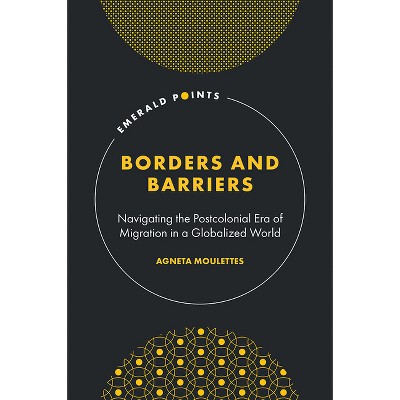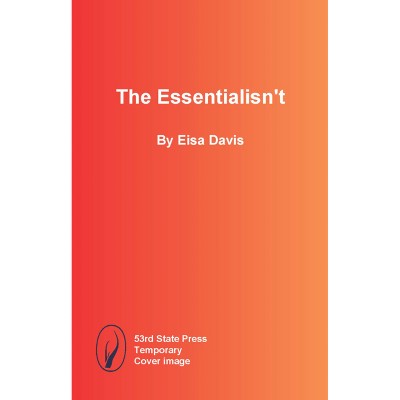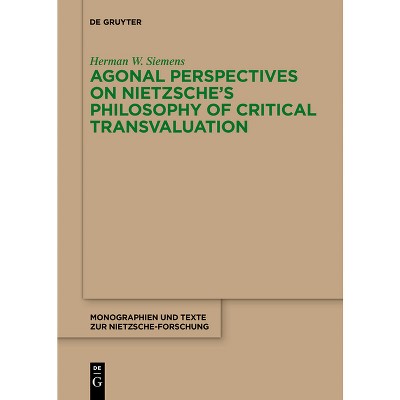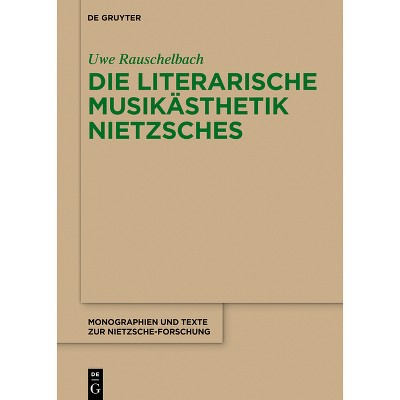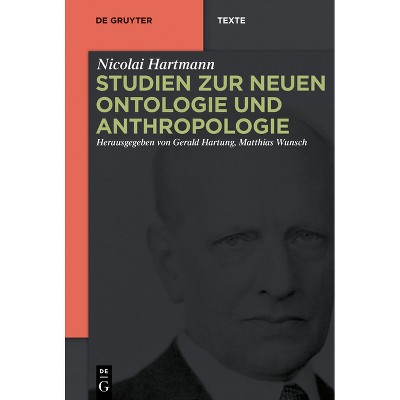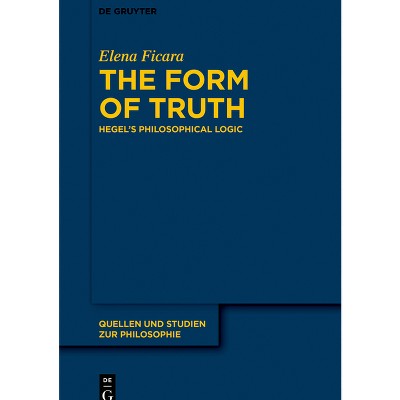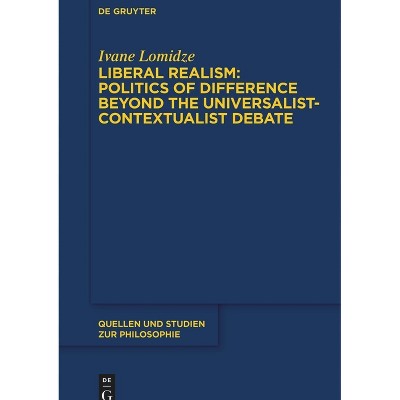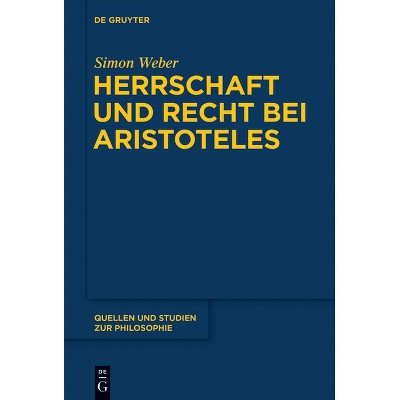Sponsored

Nietzsche, Wagner, Europe - (Monographien Und Texte Zur Nietzsche-Forschung) by Martine Prange (Paperback)
In Stock
Sponsored
About this item
Highlights
- Friedrich Nietzsche (1844-1900) supported the unification of Europe and reflected on this like few other philosophers before or after him.
- About the Author: Martine Prange, Leiden University, Netherlands.
- 295 Pages
- Philosophy, History & Surveys
- Series Name: Monographien Und Texte Zur Nietzsche-Forschung
Description
About the Book
For several decades, Monographien und Texte zur Nietzsche-Forschung (MTNF) has set the agenda in a rapidly growing and changing field of Nietzsche scholarship. The book series is international in orientation and reflects the entire spectrum of research on Nietzsche. The series publishes monographs and edited volumes that undergo a strict peer-review process. The series is led by an international team of editors.Book Synopsis
Friedrich Nietzsche (1844-1900) supported the unification of Europe and reflected on this like few other philosophers before or after him. Many of his works are concerned with the present state and future of European culture and humanity. Resisting the "nationalist nonsense" and "politics of dissolution" of his day, he advocated the birth of "good Europeans," i.e. "supra-national" individuals and the "amalgamation of nations."
Nietzsche, Wagner, Europe analyzes the development of Friedrich Nietzsche's ideal of European culture based on his musical aesthetics. It does so against the background of contemporary searches for a wider, cultural meaning beyond Europe's economic-political union. The book claims that Nietzsche always propagated the "aestheticization" of Europe, but that his view on how to achieve this changed as a result of his dramatically altering philosophy of music. The main focus is on Nietzsche's passion for and later aversion to Wagner's music, and, in direct connection with this, his surprising embrace of Italian operas as new forms of "Dionysian" music and of Goethe as a model of "Good Europeanism."
About the Author
Martine Prange, Leiden University, Netherlands.
Shipping details
Return details
Trending Philosophy



